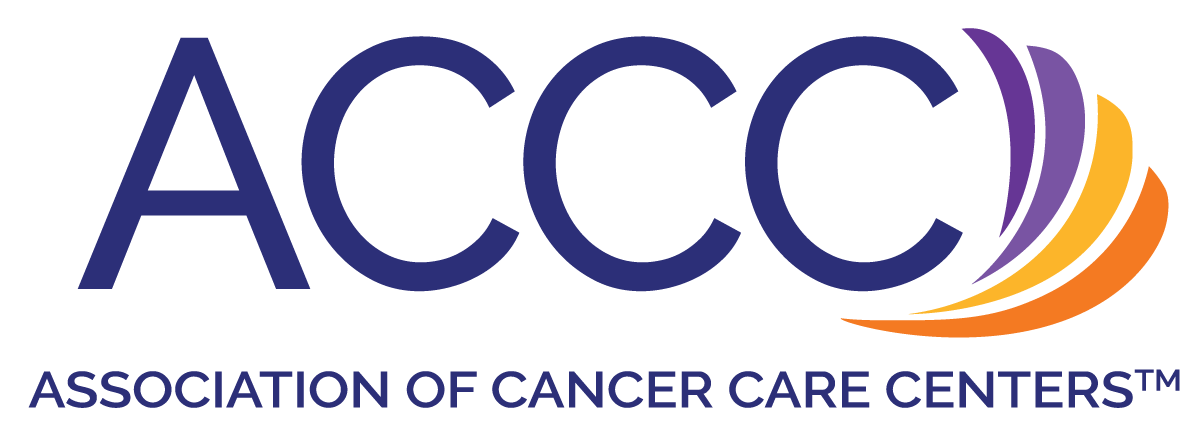
ACCC Joins ASCO in Efforts to Improve Minority Representation in Cancer Clinical Trials

The Association of Community Cancer Centers (ACCC) has partnered with the American Society of Clinical Oncology (ASCO) in a collaborative effort to improve the participation of racial and ethnic minority populations in cancer clinical trials.
The Association of Community Cancer Centers (ACCC) has partnered with the American Society of Clinical Oncology (ASCO) in a collaborative effort to improve the participation of racial and ethnic minority populations in cancer clinical trials. The organizations call on the cancer community to share novel strategies and practical solutions to address the longstanding disparities in cancer research, according to a press release.
Many racial and ethnic minority populations are under-represented in cancer research compared with the overall population. Studies have demonstrated that only 4% to 6% of participants in clinical trials are African American and 3% to 6% are Hispanic, underscoring that patients with cancer are only represented by 15% African Americans and 13% Hispanics.
“We recognize that there are complex forces and systems that have created disparities in cancer research and that solving these problems will take a multi-faceted integrated approach reflecting the best current thinking and expertise from the entire cancer community,” said Randall A. Oyer, MD, president of ACCC, in a statement. “By working together, we can significantly extend the reach of this effort and help ensure that we pursue promising strategies that have a lasting and meaningful impact.”
The challenges in the cancer field that contribute to lack of clinical trial participation by racial and ethnib miniorites include provider bias, access, insurance coverage, cost of care, study design barriers lack of awareness of clinical trials, and a lack of trust in the healthcare system or clinical research, as well as linguistic, cultural, or literacy-related issues. Other factors include barriers to family and community engagement in the minority population.
The ASCO-ACCC Request for Ideas (RFI) is accepting solutions from the cancer community to address in these disparities. The ASCO-ACCC Steering Group, led by co-chairs Oyer and Lori J. Pierce, MD, FASTRO, FASCO, will review ideas that can be modified, combined, implemented, and evaluated by ACCC and ASCO in order to select solutions to help overcome these challenges. For example, the ideas may be implemented through the ASCO Targeted Agent and Profiling Utilization Registry (TAPUR) study, which is a non-randomized clinical trial aiming to describe the safety and efficacy of FDA-approved targeted therapies for patients with cancer.
Some of the criteria that is used to review the proposed ideas under the ASCO-ACCC RFI include the potential to address disparities in cancer trials, replicability of the strategy, and indications that submitted demonstrated commitment to equitable cancer care. For individuals who submit ideas, they will have the opportunity to work on implementation of the idea if interested.
The ASCO-ACCC RFI is currently open for participation until the proposed deadline of August 24, 2020.
“We are committed to providing evidence-based high-quality cancer care to every patient, every day, everywhere,” stated Pierce, president, ASCO. “But, if clinical trials don’t represent the individuals we treat, including those from racial and ethnic minority populations, the state of science suffers and patients with life-threatening conditions may miss out on the best—perhaps only—treatment option for their condition. This initiative is of critical importance and we’re honored to be working with ACCC to address longstanding barriers to diversity in cancer treatment trials.”
Reference
ASCO & ACCC join forces to increase participation of racial and ethnic minority populations in cancer treatment trials. News Release. July 20, 2020. Accessed July 22, 2020. https://bit.ly/2E2KGQQ









































